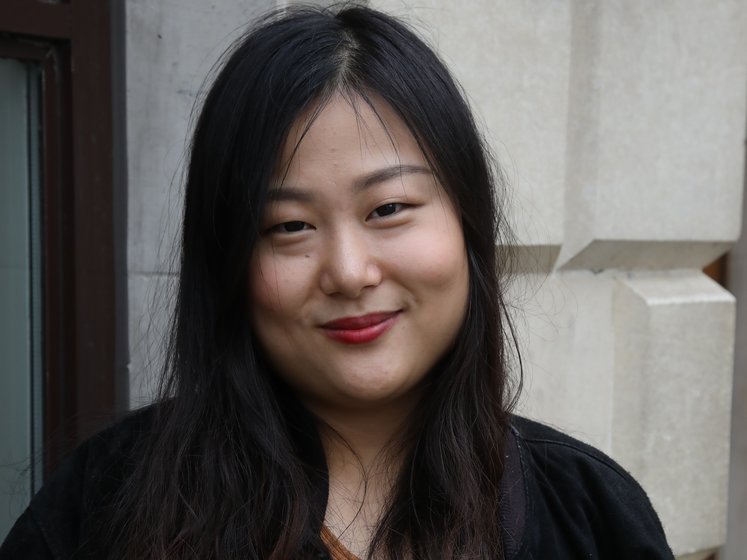 Joy Li, master's student, Department of Geography and Environment
Joy Li, master's student, Department of Geography and Environment
What are some simple steps people can take in their day-to-day interactions to help build an inclusive LSE community?
Check in on your friends, be a good listener, and never negate others’ experiences or feelings. It’s easy to get wrapped up in our own stress and forget to check in on others around us to see how they are doing, but just a simple message asking how people are once in a while could make a huge difference.
How does the training you’re facilitating empower attendees to confidently deal with issues such as hate crime and sexual consent?
Our workshops focus not only on clarifying legal definitions, but also on engaging participants in complex real-life scenarios of hate crime or sexual harassment to contextualize concepts such as sexual consent. They also allow participants to reflect upon intervention or support strategies they can use as bystanders or as friends if such an incident were to happen. We also highlight resources they can use to help others find who to turn to in times of crisis.
What do you think is the most important thing students and colleagues in positions of responsibility can do in order to make others feel included, safe and supported?
The most important thing is to make sure students are aware of the support offered from the very beginning, from Safe Contacts within the department to resources such as the counselling centre. Sometimes people might be too flustered to navigate resources in time of crisis so it is important for them to have everything handy.
These workshops are part of EDI’s ‘Making a Choice’ resources to promote respect and support those who are affected by issues of harassment, consent and hate crime. What does ‘Making a Choice’ mean to you in this context?
To me, being part of “Making a Choice” means taking an active role in promoting equality amongst all genders, races and religions, and bridging the gap in my personal experience between real life activism and academic writing. To really be a part of a campaign that aims to demystify topics around consent, sexual and other forms of harassment is a kind of activism that we can all participate in in our daily lives to push social change further step by step and make our community a better place.